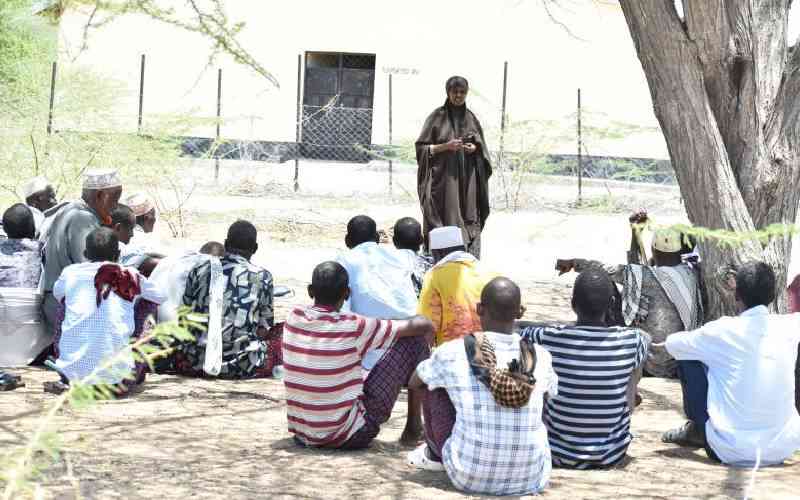×
The Standard e-Paper
Smart Minds Choose Us

While most of her agemates had barely forgotten the scent of their mother's bosoms and were only starting to develop their own gender features, 11-year-old Sahara Abdullahi welcomed her firstborn child.
About two years earlier, Sahara's parents and community had seen it fit for her to undergo female genital mutilation. Unfortunately, they also decided that she was ripe for marriage.